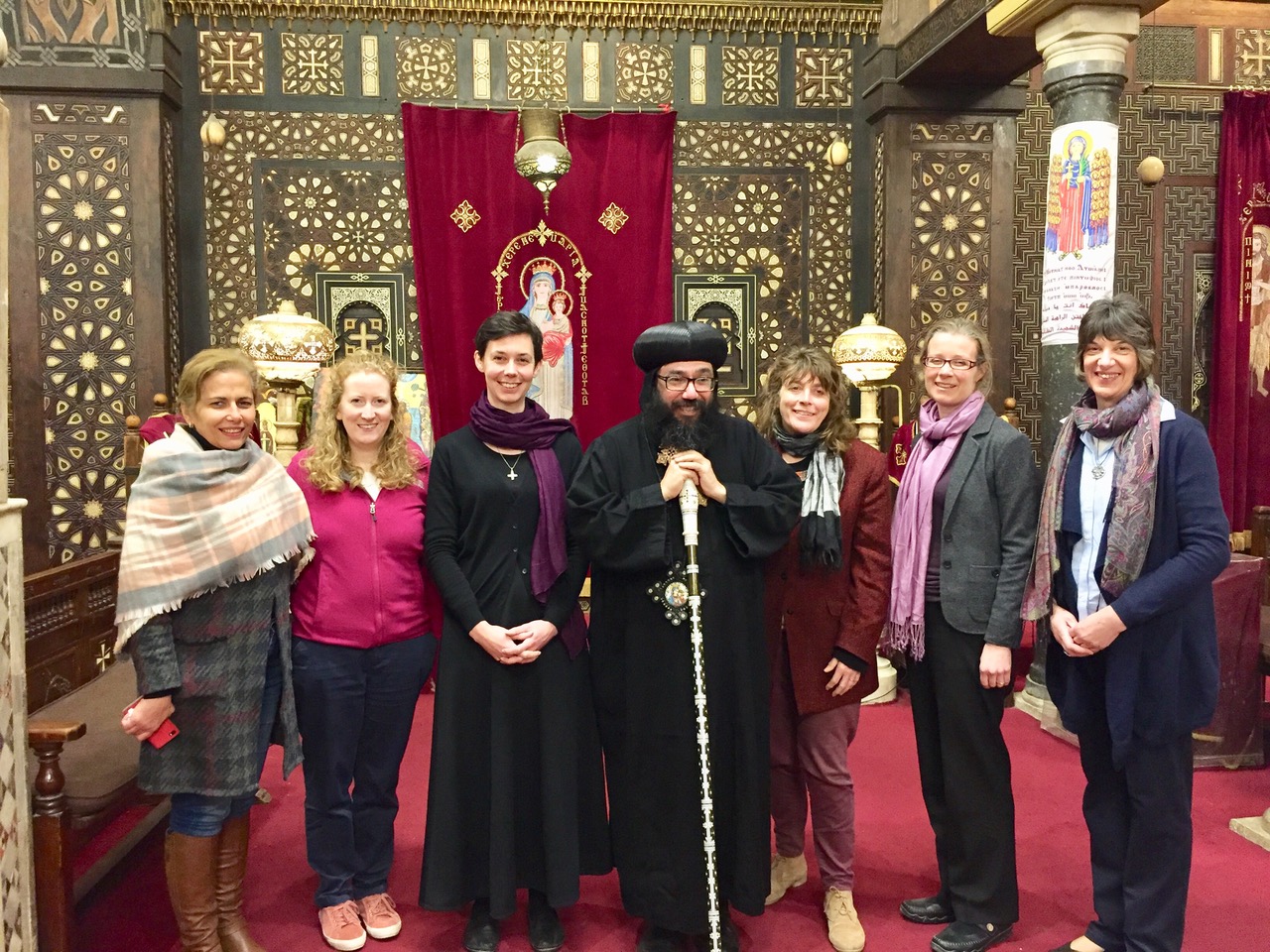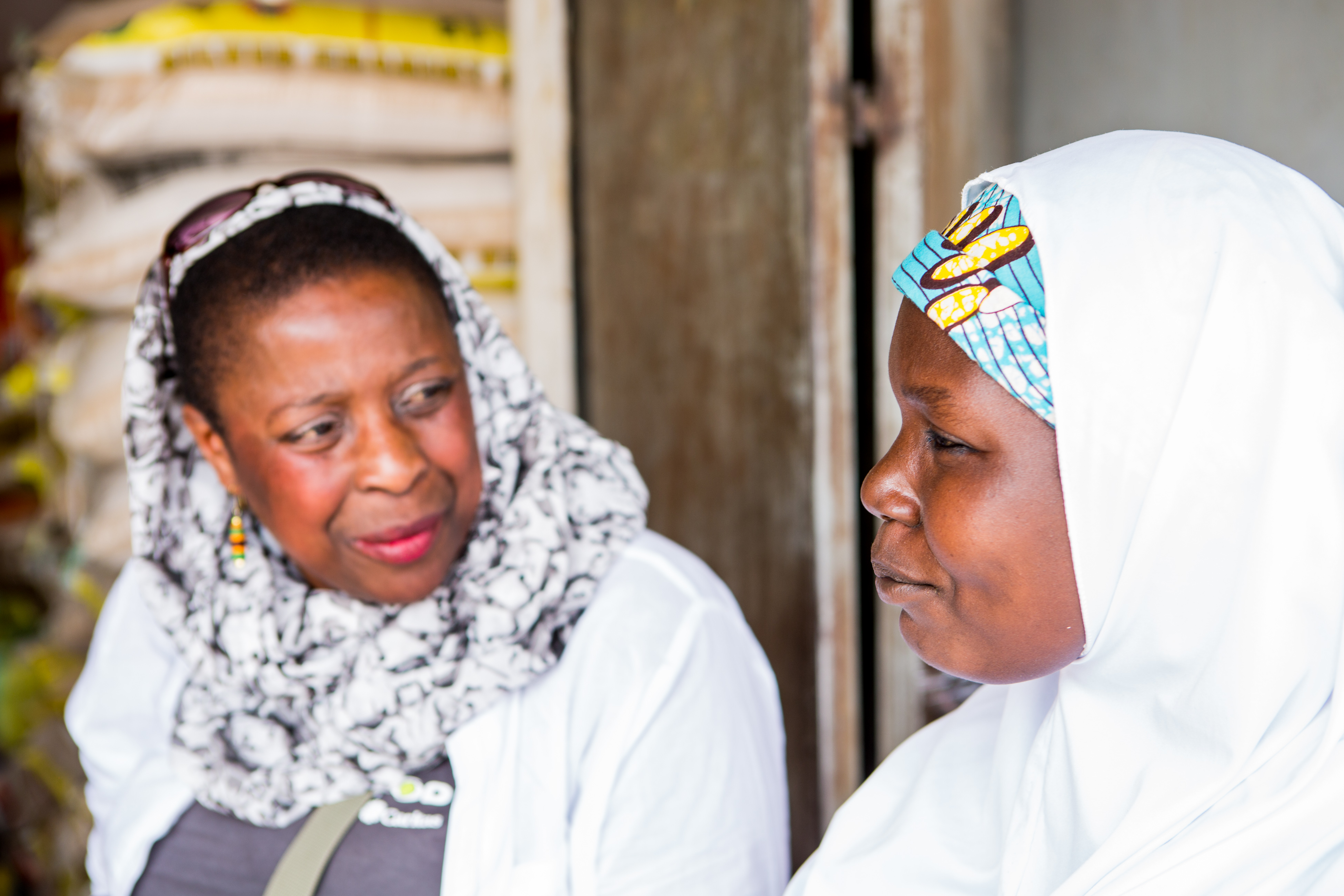Nigeria’s president, Muhammadu Buhari, who is seeking re-election this Saturday (23 February), says that the Boko Haram movement has been “fully decimated”. But, in the north-east state of Borno, the epicentre of the Islamist insurgency, it does not feel that way.
Even if the assaults, explosions and suicide attacks have subsided – and that is open to debate – millions of lives have been devastated. I saw this for myself in the state capital, Maiduguri, where more than a million people have fled from the surrounding area.
Among them was Yana, who lived under Boko Haram for four months before being allowed to leave with her children. “Fear made it difficult even to eat,” she told me. “We could only do our washing at night, because [the insurgents] did not want the air force to see clothes drying, which would show the village was occupied. We were breathing, but we had no life.”
With no warning, Yana’s husband escaped first, leaving the family behind. “I was afraid for my two sick children,” she said. “I begged the militants to let us leave. At last they said we could go, but they did not allow us to take one vest, or a blanket, only what we were wearing.”
 Yana, (in the centre) displaced family in Simari, Maiduguri, northern Nigeria - She escaped with her children from Boko Haram violence: “When BH struck, they took over the village. We lived in difficult times. We could not even eat the food made by my own hand, because our stomachs were full of fear.” ©Thom Flint, CAFOD
Yana, (in the centre) displaced family in Simari, Maiduguri, northern Nigeria - She escaped with her children from Boko Haram violence: “When BH struck, they took over the village. We lived in difficult times. We could not even eat the food made by my own hand, because our stomachs were full of fear.” ©Thom Flint, CAFOD
It took Yana three days to reach Maiduguri, where she was reunited with her husband. “Every day we fear for the people who are left behind, but our prayers are strong,” she said.
Although Maiduguri itself is relatively orderly and safe, hundreds of thousands of displaced people are living in makeshift camps in and around the outskirts of town, struggling to support themselves and unsure of protection. The day before I arrived, two young girls were involved in a failed suicide mission at one camp. The bombs strapped to their bodies exploded as they tried to climb the perimeter fence.
Since women run many market stalls and small business enterprises, the use of female bombers is intended to spread mistrust and undermine social cohesion. I saw the effect of these sporadic attacks on people’s livelihoods when I visited the town of Gubio, where the market was closed for a year after a Boko Haram attack, and large trucks were still banned for fear of vehicle bombs.
There I heard Zainab’s story. The day the shooting and chaos came to her village, she and her husband picked up the youngest children and fled. But they were separated from six of the older children. “They ran helter-skelter and did not hear us calling to them to follow us,” she told me. During the four days it took to reach Gubio, she was crying for her lost children: “I kept praying for their return.” Her prayers were answered, because a neighbour had gathered up the children and kept them safe. They joined her in Gubio two weeks later.
 Zainab receives an electronic food voucher card which allows her to buy what she needs in the local market. The project is funded through EU humanitarian aid and administered by UK aid agency CAFOD and its American sister agency CRS
Zainab receives an electronic food voucher card which allows her to buy what she needs in the local market. The project is funded through EU humanitarian aid and administered by UK aid agency CAFOD and its American sister agency CRS
Hopes of peace talks appear to have faded, leaving the Nigerian army with the task of protecting places like Maiduguri and Gubio. Even in these towns, fear causes people to avoid using the name of Boko Haram, instead speaking of “BH”, or “the boys”, and alluding to a violent attack as “the incident”.
Whoever wins the presidential and parliamentary elections, will carry the hopes of Africa’s most populous nation, but the far north-east corner of the country could not seem further from the national centre of power and wealth. As the world’s sixth-largest oil producer, Nigeria has opportunities for prosperity and peace, but so far they remain unrealised. One can only pray that the motto on every car licence plate in Borno state – “Land of Peace” – might one day come true.
Nana Anto-Awuakye is CAFOD's Head of World News. She recently visited Maiduguri, North East Nigeria



 Loading ...
Loading ...
What do you think?
You can post as a subscriber user ...
User comments (0)